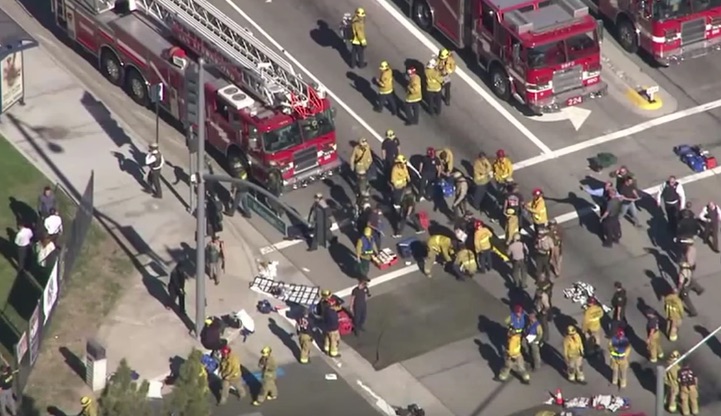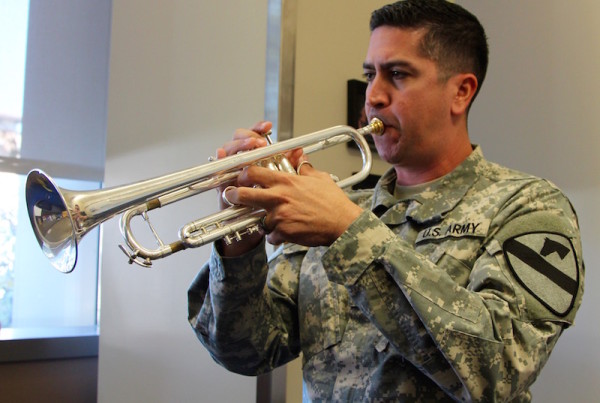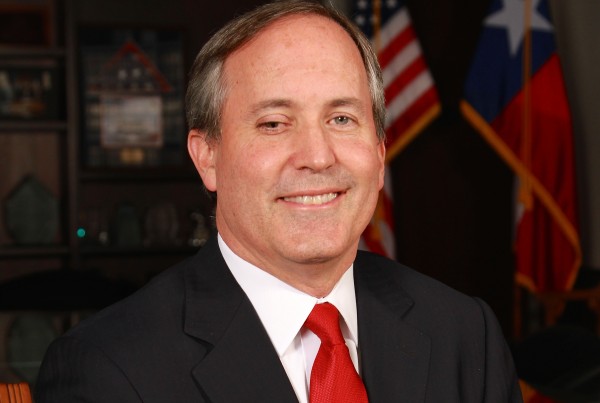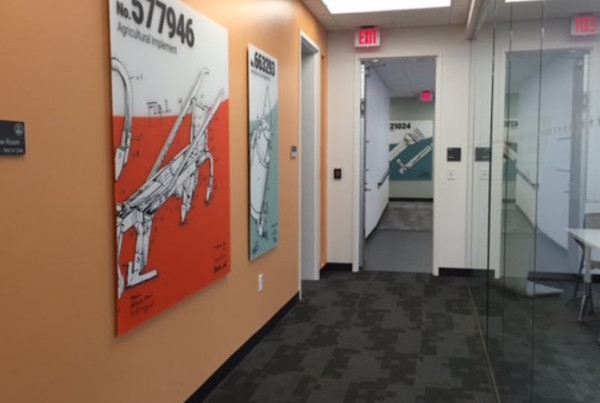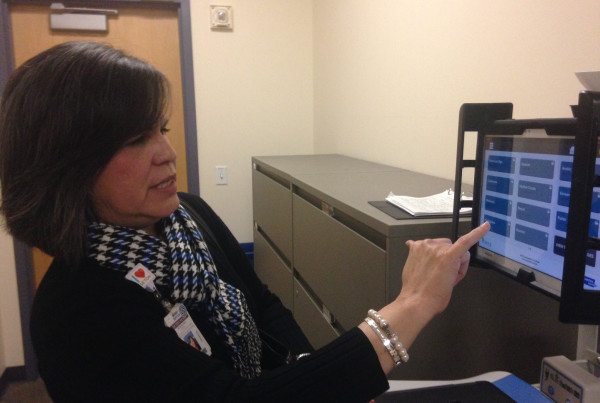A day after one of the worst mass shooting in recent U.S. history, a day which for many Texans started with hearing the latest from Southern California.
A jumble of facts that since the beginning of this event have never quite seemed to square up.
– San Bernardino – not exactly a high-visibility target like Times Square
– A government employee of the very county whose offices he chose as a target
– The guns – the pistols were his, legally purchased, and the long-arms apparently belonged to a friend
– Not just guns – explosives, or at least, would-be explosives
– Not a white male, not this time – a man described as a devout Muslim
– Not a foreign national – an American citizen
– Not a lone gunman – there was at least one accomplice, a woman.
– Madness, certainly – but a mental health issue? Not from what we’ve seen so far.
This is about guns, this is about Islam, this is about domestic home-grown terrorism, this is about workplace violence, this is about a culture of violence. Or is it?
At metaphorical water coolers across this state and across the country, in our interactions with friends, family and colleagues, as we thumb through our phones through layers of earnest concern and moralistic preening, as a matter of fact, we don’t agree on what this is about.
The facts on the ground don’t seem to square with each other. Normally facts are our friends, because they help us figure out what’s true and what’s not. But in this hour, on this day, in the vacuum of real knowledge, our gravest fears fill in the blanks. Facts might get in the way. Eventually they will, but perhaps not in time for Wolf Blitzer’s show tonight, or before we’ve made up our minds, or before we decide to take action.
History will forget, but we should, at the very least, footnote that on this day after, San Bernardino is a Rorschach test. What this is about is whatever we most fear: guns, Islam, terrorism, disgruntled employees, the practical limits of police power. Or perhaps the culture that allows a rolling shoot-out in the name of public safety.
Yale professor Jeffrey Alexander, founder and co-director of the Center for Cultural Sociology at Yale University, has written extensively on the narratives that inform everyday life and the intersection with politics and democracy.
“What I’ve picked up on is the way that people see this as something that’s confirming, rather than surprising,” Alexander says. “Rather than people being surprised, they feel something more like, Yes, that’s how it is here.”
Alexander says it’s “devastating” to democracy because in effective democracies, people need to feel that they have control over events, either through government or individual actions.
“It leads people to a sense of fatalism and a lack of ability to control our society,” he says. “No matter which side of this you’re on – if you’re pro-gun or anti-gun – neither can stop this process from happening. So people feel really quite helpless.”
Alexander says reactions to active shooters have become a ritual, but unlike theatrical or literary rituals, this one that offers no catharsis or resolution.
“I think what you have here is a kind of ritual quality, a tragic ritual,” he says. “We’re stuck in a kind of melodrama of a perpetual, unending ritual with no narrative that takes us forward.”
Listen to the full interview in the audio player above.


